"Personal Narrative of Travels to the Equinoctial Regions of America, During the Year 1799-1804" by Alexander von Humboldt documents a journey of scientific discovery through early 19th-century South America, as Humboldt and Bonpland explore geography, climate, diverse species, and native cultures. The book begins near Lake Valencia, vividly portraying the land's features, including unusual ecosystems and geological formations, while also investigating how things like water evaporation affect the environment; furthermore, the narrative shows how local plants, animals, and farming practices shape the scenery, blending scientific questions, like concerning shrinking lakes and changing rivers, with personal appreciation for nature's beauty.

Personal Narrative of Travels to the Equinoctial Regions of America, During the Year 1799-1804 — Volume 2
By Alexander von Humboldt
Embark on a 19th-century South American journey where scientists explore nature's wonders and grapple with environmental mysteries.
Summary
About the AuthorFriedrich Wilhelm Heinrich Alexander von Humboldt was a German polymath, geographer, naturalist, explorer, and proponent of Romantic philosophy and science. He was the younger brother of the Prussian minister, philosopher, and linguist Wilhelm von Humboldt (1767–1835). Humboldt's quantitative work on botanical geography laid the foundation for the field of biogeography, while his advocacy of long-term systematic geophysical measurement pioneered modern geomagnetic and meteorological monitoring. Humboldt and Carl Ritter are both regarded as the founders of modern geography as they established it as an independent scientific discipline.
Friedrich Wilhelm Heinrich Alexander von Humboldt was a German polymath, geographer, naturalist, explorer, and proponent of Romantic philosophy and science. He was the younger brother of the Prussian minister, philosopher, and linguist Wilhelm von Humboldt (1767–1835). Humboldt's quantitative work on botanical geography laid the foundation for the field of biogeography, while his advocacy of long-term systematic geophysical measurement pioneered modern geomagnetic and meteorological monitoring. Humboldt and Carl Ritter are both regarded as the founders of modern geography as they established it as an independent scientific discipline.

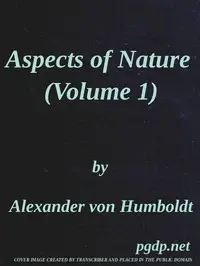
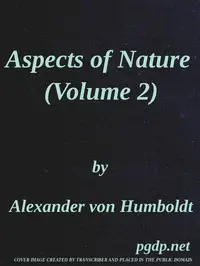


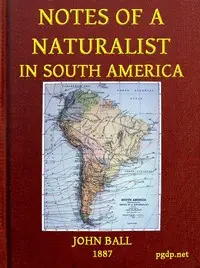
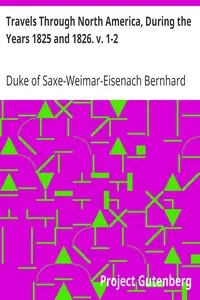
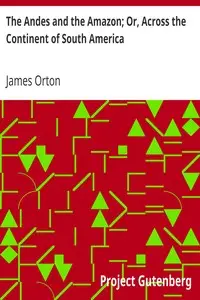
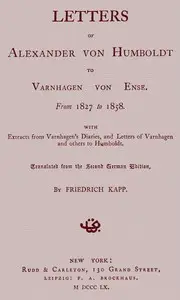

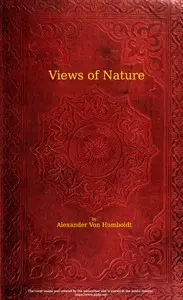
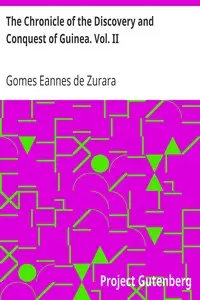
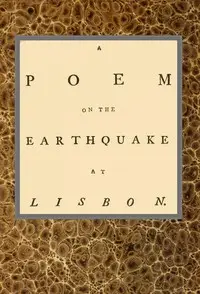
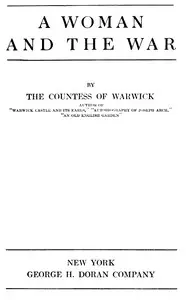
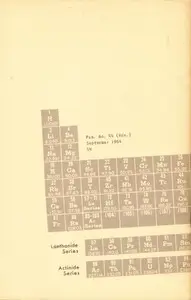

![The Native Races [of the Pacific states], Volume 4, Antiquities
The Works of Hubert Howe Bancroft, Volume 4 by Hubert Howe Bancroft](https://cdn.a2-host.cloud/vRxhlOZlRzOWQIK0MUjeWT5cnwgP7RHvrSxngPjM39I/rs:fill:215:325:0/g:ce/aHR0cHM6Ly9zcC1hc3NldHMuczMudXMtd2VzdC0wMDQuYmFja2JsYXplYjIuY29tL2Jvb2svNDQxMDQvVGhlX05hdGl2ZV9SYWNlc19vZl90aGVfUGFjaWZpY19zdGF0ZXNfVm9sdW1lXzRfQW50aXF1aXRpZXNfVGhlX1dvcmtzX29mX0h1YmVydF9Ib3dlX0JhbmNyb2Z0X1ZvbHVtZV80X2NvdmVyLmpwZw.webp)